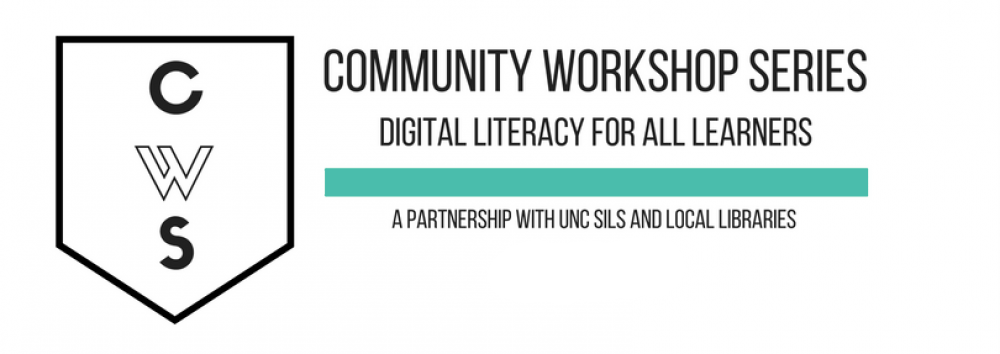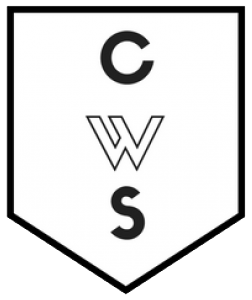Volunteer FAQs
Nope! Already done! Just use the Handouts page to find the handout for your class. In some cases, there may be additional materials underneath the handout link (e.g., a sample Excel spreadsheet with data), so be sure to check out this page before you teach a class.
We’ve created the handouts as a guide for volunteers to make sure that the basic information for each class is covered during class and/or available on the handout for participants. However, instructors should feel free to veer from the handout depending on the skill level and interests of the participants. You may find that you end up focusing on one segment of the handout for a large portion of the class or that you are getting questions about things not covered in the handout- this is just fine. Of course, you may not be prepared to answer questions not covered by the handout; try to answer the question to your best ability but it’s okay to let participants know when you don’t have the answer to a question. You are also welcome to incorporate different exercises and practice throughout the class. There may be times that you don’t get through everything in the handout, and that’s ok!
If you are volunteering for a class on one of the Microsoft Office programs (Word, Excel, PowerPoint or Resume Writing), please be sure to note which version of Microsoft Office is available at the location you will be teaching at and review the corresponding handout for that version.
If you’re volunteering for the Email Basics, Online Shopping, Facebook, Social Networking or Cloud Storage class, (the classes that may need an account to log in with) you can either create your own demo account for your class or contact the Coordinator for other options.
We suggest that you read through the handout before you arrive at the class. During the class, we recommend that you generally follow the order/topics covered in the handout, but feel free to vary from this and cover issues that are relevant for the participants. Also, be sure to take breaks and address any questions that participants may have.
Sometimes it’s different and sometimes it’s not. When working with adult learners, it’s important to recognize the knowledge and experience that participants bring to the class. In some cases, participants may know more about the class’s topic than you do, and that’s okay! Invite participants to share their experiences with each other and do your best to form connections between what participants already know and the new skill they’re trying to learn.
Adult learners are creative, resilient, and engaged! They are also very grateful and generous students. They make teaching these classes worth it!
Each CWS class should have an instructor and at least one floater. If no one has volunteered to be an instructor or floater for a given class, the Coordinator will be there to fill this position. For each location, plan to arrive approximately 15 minutes before the class begins. At the beginning of the workshop, please mention that the program is a collaboration between the library and UNC SILS. Introduce yourself and any colleagues who are assisting you, and share what your affiliation is with the university or the library.
Please leave time at the end of the workshop to answer any remaining questions, have the participants fill out the brief evaluation form, and show participants how to access the Handouts tab on the website so that they can refer to them outside of class. If participants seem interested in additional help, be sure to let them know about any upcoming Open Lab sessions. Participants may also like to review handouts ahead of time for classes they plan to take in the future to see what the class will cover and begin familiarizing themselves with the material. Some libraries also keep print versions of the schedule. You can always ask the librarian on duty about them. At the end of class, hand out the paper evaluation forms to students. Our library partners will have these available for you. These evaluations help us assess our work and analyze valuable student input.
After the workshop, please fill out the brief instructor form. A link to the form will be in your reminder email that you receive the day before class. Please include a note about any difficulties, problems or successes you had during the session, as well as any questions or suggestions you may have, whether about participants, library staff, equipment, procedures, or the lesson plan/handout. Only instructors are asked to fill out this form, though floaters are welcome to send any comments or suggestions by email to the Coordinator.


